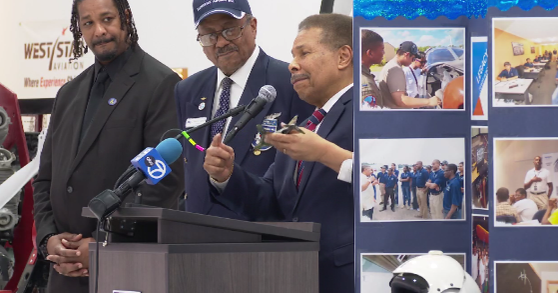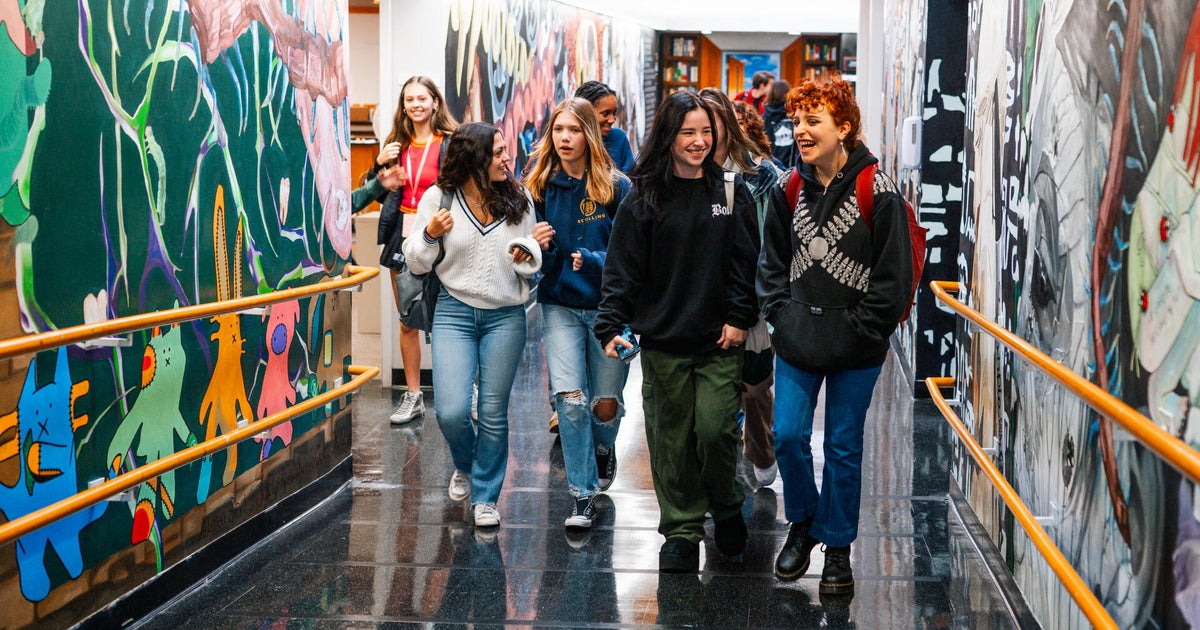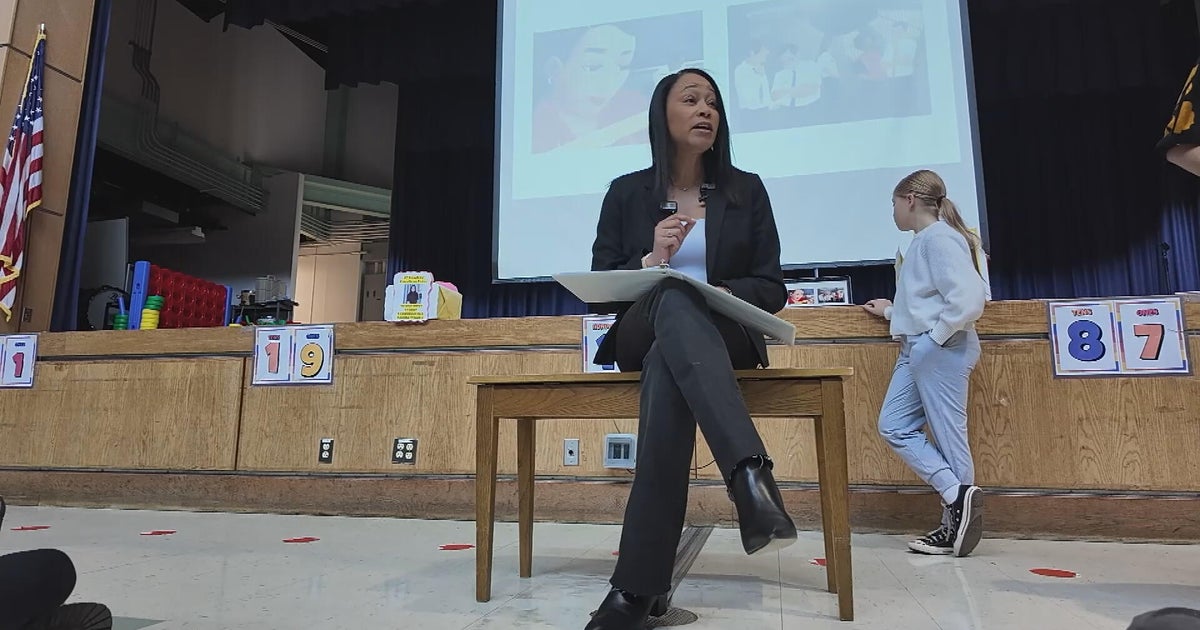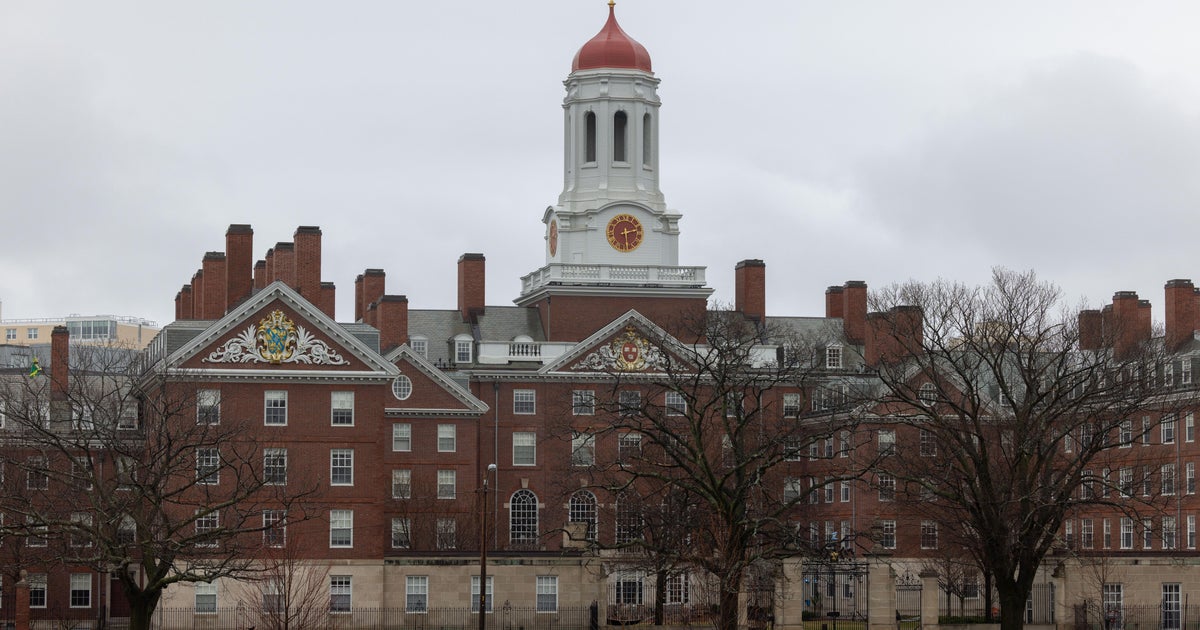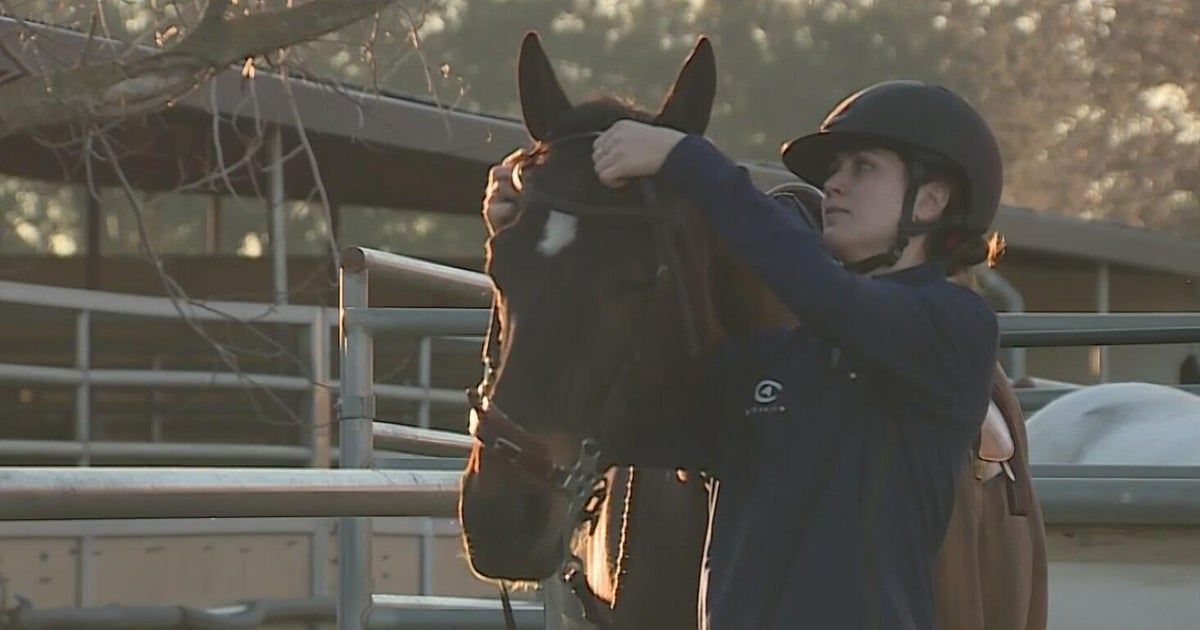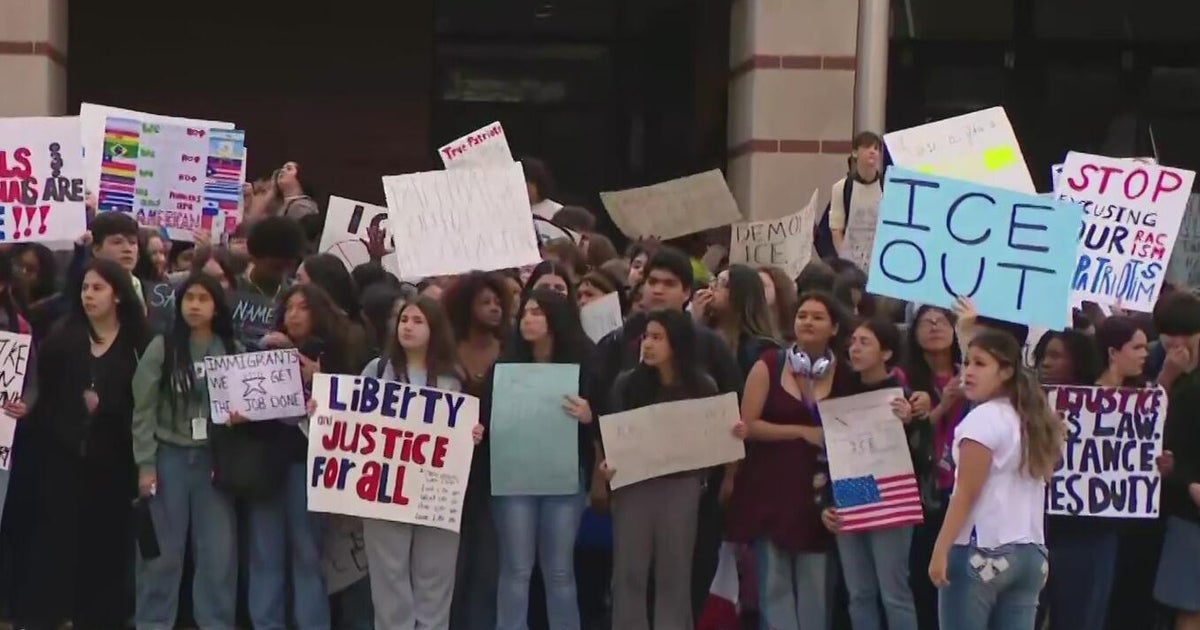Bike Sharing Gets Tufts Students Around, Off Campus
BOSTON (AP) - Tufts University senior Daniel Heller is a music enthusiast, but he found it a drag to spend nearly an hour by subway to get from his suburban Boston campus into the city to see shows at his favorite club.
Then he discovered he could get there in half the time -- by bike.
That revelation has led Heller and his friends to start a bike sharing program for students at faculty at Tufts, join a growing number of colleges across the country that offers free wheels to help students and faculty get around.
The Tufts program has a slightly different spin: it's intended to help people get off campus, not just around it.
"It's way too easy to get stuck in the college bubble," Heller said.
He and about 10 friends received a $50,000 grant from the Tufts Community Union Senate to buy a fleet of 30 bikes. The program launched this month and makes bikes available at no fee to any student, staffer or faculty member looking to get around without relying on a car or public transportation. Bikes are available at the library for up to eight hours and come with helmets, locks and lights.
Show your university ID, sign the liability waiver, and you're off.
"We're really excited with how it's been going," Heller said. An average of a dozen bikes a day were borrowed during the first rainy, dreary week of the program. He expects that to increase as the weather improves.
In fact, he thinks the program may eventually need more bikes.
"We surveyed 800 students and 75 percent of them said they would use this at least once a week," Heller said.
About 100 U.S. colleges have some sort of bike sharing or rental program, according to the Association for the Advancement of Sustainability in Higher Education. Most are set up as environmentally friendly ways for students, staff and faculty to get around campus.
Campus bike share programs at some schools date to the 1970s, but there has been a surge in recent years, said Paul Rowland, executive director of the association. Several cities, such as Minneapolis, Denver and Washington, D.C, also have bike-sharing programs.
The goals are almost always the same -- to reduce the use of cars and the associated greenhouse gas emissions and traffic congestion, and to promote physical fitness.
"What's been a driver in this is we've seen more and more campuses putting into effect climate action plans, and this is one way to reduce traffic on campuses," he said.
But there is no one-size-fits-all template for the programs. Some are run by students, some by sustainability, recreation or transportation offices. Some have just a handful of bikes, while some have dozens. Washington State University has a fleet of 72 bikes and Colorado University has 60. The University of Massachusetts-Lowell has five.
Some operate year-round, and some, especially in cooler climates, shut down during the harsh winter months.
The bike sharing program at UMass-Lowell is designed to give students an alternative way to get to and from three distinct areas of the school separated by city streets, said Peter Murray, director of campus recreation, which oversees the program.
Students tend to use the school's five bikes to get from residential areas to the academic areas that are separated by city streets can be as far as a mile away.
"We have shuttle buses, but student response to the bike program has been great," he said. "Usually our bikes are all out at the same time in the nice weather," he said, adding plans are in the works to expand the program.
Jonathan Viera, a senior environmental studies and Spanish major from Pittsfield, Mass., revived the bike share program at Bowdoin College in Brunswick, Maine. The program started in 2006 but sputtered because of poor management and bike maintenance.
The school with about 1,800 students has 50 bikes that Viera said are used mostly to get around campus. Student-athletes tend to use them to get to the school's athletic facilities, set slightly apart on the 215-acre campus, he said.
No matter what form the bike share programs take, they experience common problems, Rowland said. Like rental cars, people tend to take less care of borrowed bikes than they would if it was their personal property. Because many schools paint their bikes in bright distinctive colors, theft is rarely a problem, he said.
Maintaining and storing the bikes tend to be the biggest issues, he said.
Tufts has thought of that.
Part of the grant money was used to buy a complete set of bike maintenance tools that can even be used by students who wants to fix their personal bikes.
"We have a completely integrated system here," Heller said.
(Copyright 2011 by The Associated Press. All Rights Reserved.)
